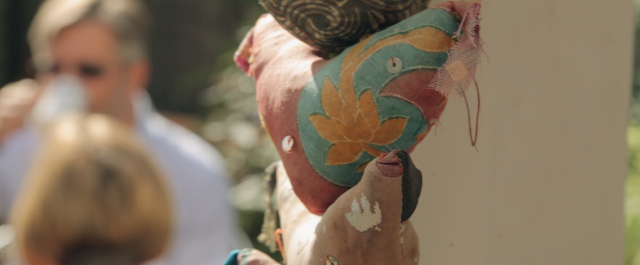The top documentary film makers of all time are known for their innovative approach to cinematics. Many producer/directors have created great films in this genre, and some of the best include Michael Moore and Alex Gibney. Other of note that should be included in any list of this magnitude are Michael Apted, Ken Burns and Errol Morris.
Michael Moore is known for his on screen antics as well as the controversial subject matters that he explores. His films have addressed a range of social problems, and he’s well known for his cinematic works. He was born in 1954 outside of Flint, Michigan. While other documentary film makers remain inconspicuous and objective, Michael Moore is known for his personality, and he created a name for himself with his onscreen antics. He has created several masterpieces, and Roger & Me was his first successful film. Other documentaries that he has created include Pets or Meat: The Return to Flint, Canadian Bacon, The Big One, And Justice for All, Bowling for Columbine, Fahrenheit 9/11, Sicko and Capitalism: A Love Story. He has addressed a number of social issues, and his films have focused on everything from health care to the auto industry. He has also written several best selling books.
Michael Apted is the director of the famous BBC Up Series. He is also the President of the Directors Guild of America. The Up Series has been a work in progress since 1964, and this is a sociological study that has aspirations of forecasting the future of British society. This program follows the lives of 14 seven-year old Britons from various backgrounds. It closely analyzes their expectations and the dreams that they are after. Apted was instrumental in selecting the youngsters that were portrayed in this program.
Ken Burns has documented many subjects as diverse as music and war. These programs have thoroughly explored American popular culture, and he is passionate about the drama of truth. This director hails from New York, and he is known to handle all of the issues associated with the production of his epic documentaries. Most of these are filmed in segments. He is known for the total creative control that he exerts on his films.
Another great documentary film maker is Alex Gibney. He is an astounding storyteller, and utilizes many things in his quest for the perfect film. Cinematography, lighting and the pace of the film are all ingredients that he makes use of. He is best known for his film, Taxi to The Dark Side, which showcased the American armed forces treatment of prisoners of war. Many of those tortured have been shown to be innocent of the crimes that they’ve been accused of. He has also directed a legendary account of the life of Hunter S. Thompson.
Errol Morris is known for the interview style that he uses to capture the subjects of his film. He is notorious for profiling the mindset of soldiers who tortured terrorists in Iraq. His masterpiece is The Fog of War: Eleven Lessons from the Life of Robert S. McNamara. This details the former Secretary of Defense, and is an excellent interview that even enthralled the subject of the documentary.
The top documentary film makers of all time have created some of the best true to life viewing pleasures. Most of them focus on subjects that are important in everyday life. A variety of issues have been explored, and these directors have essentially captured the feeling of modern society. Michael Moore, Alex Gibney, Errol Morris and Ken Burns are some of the best.







